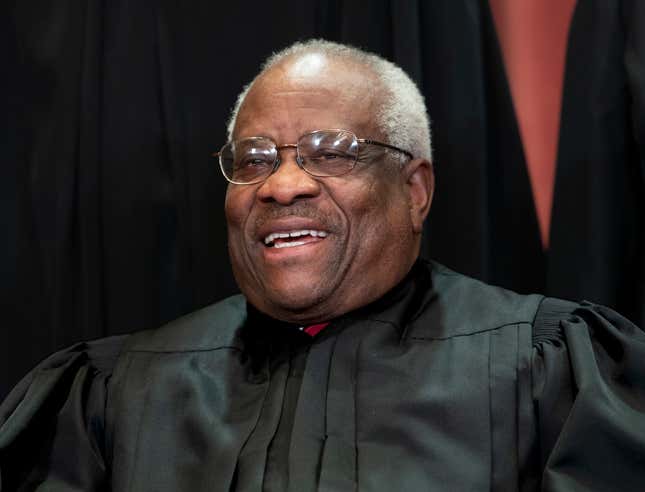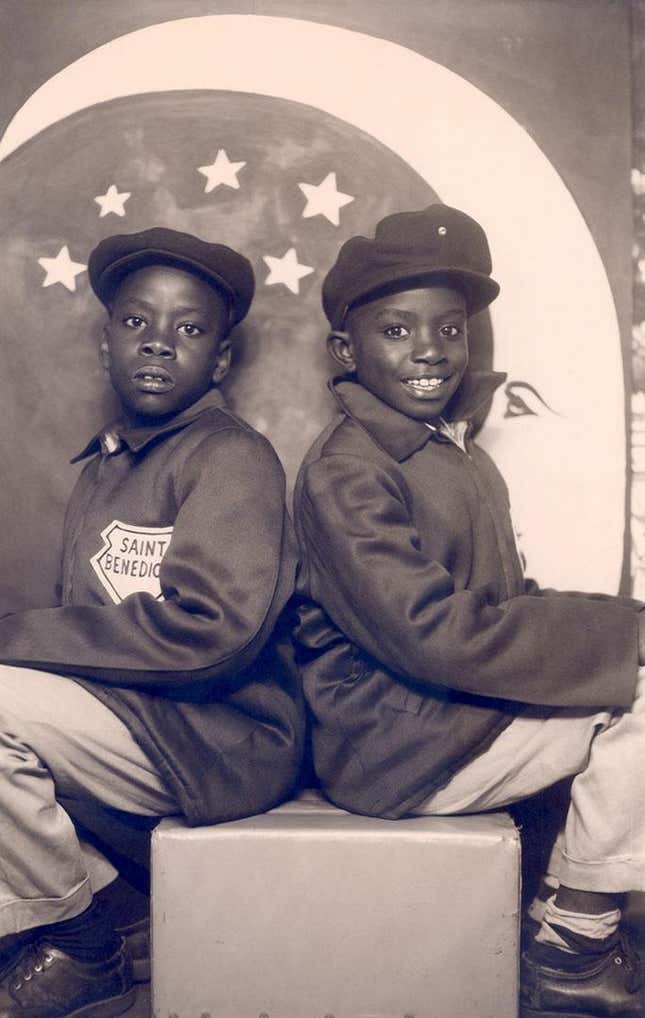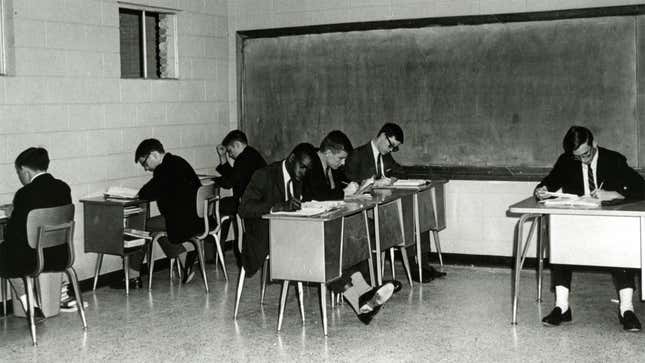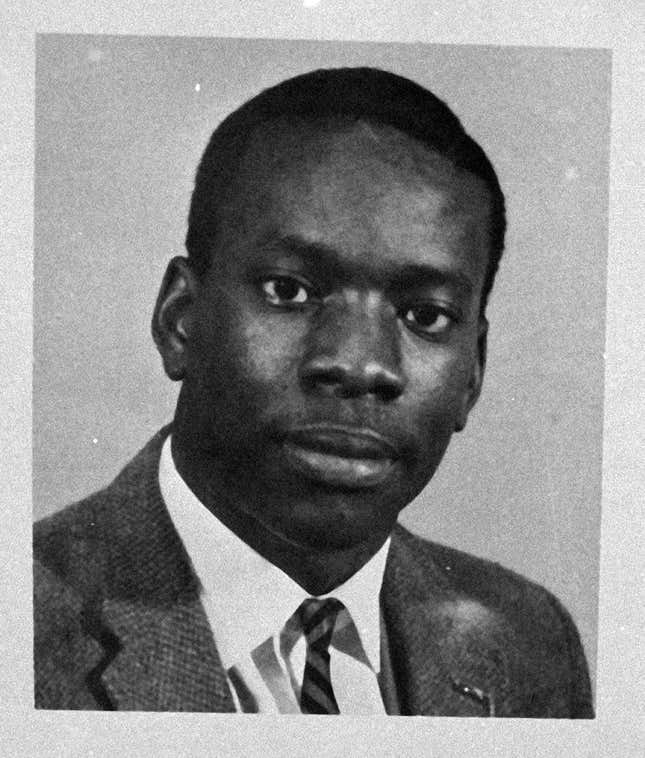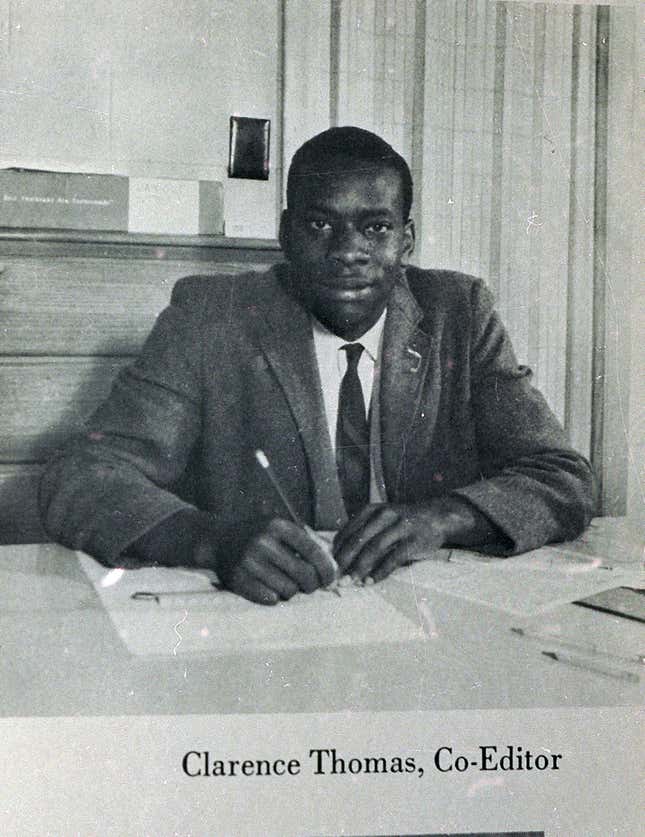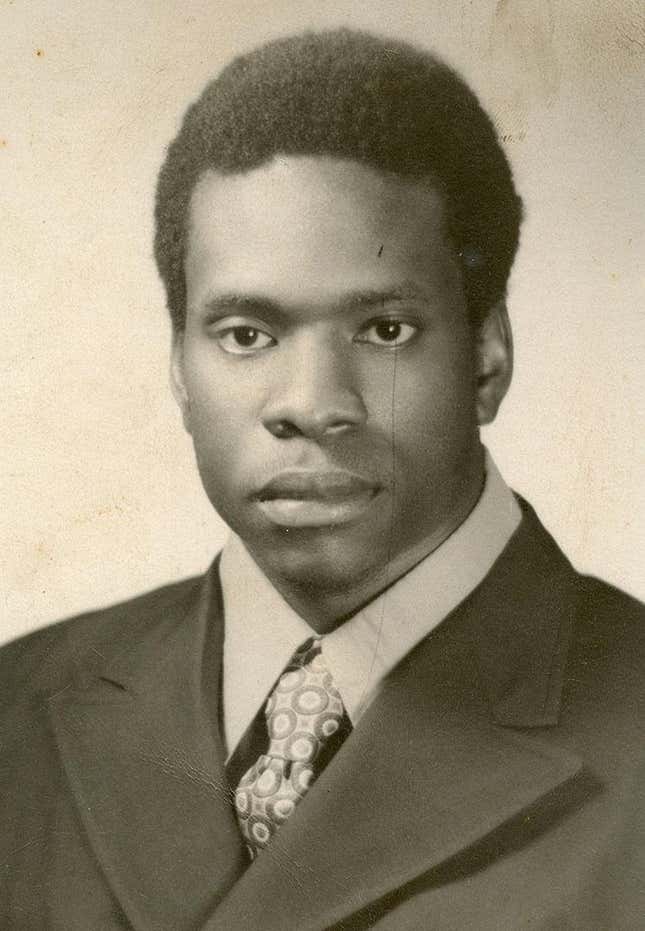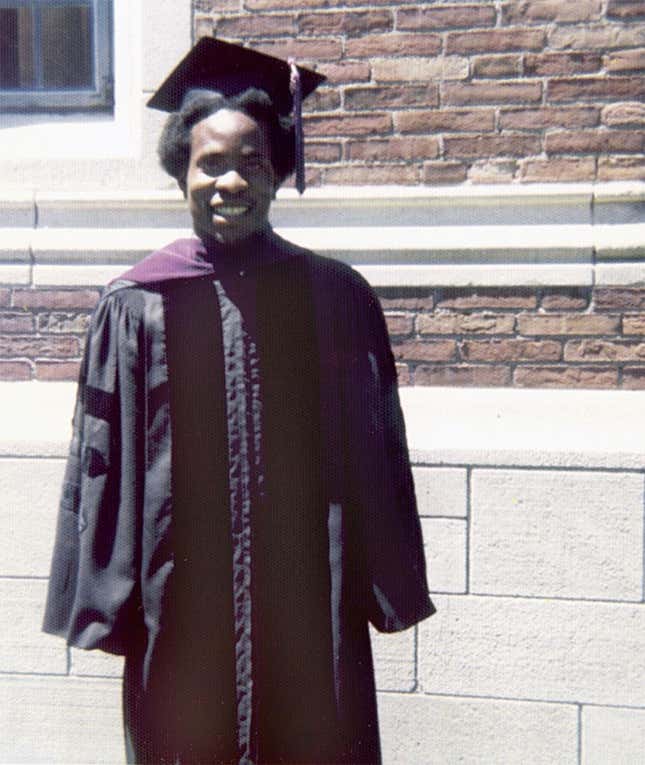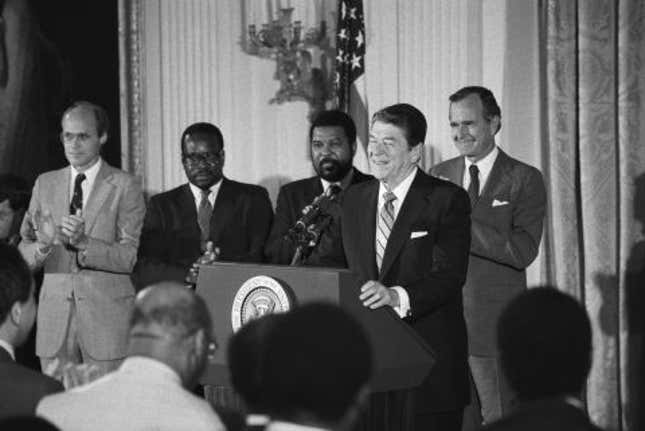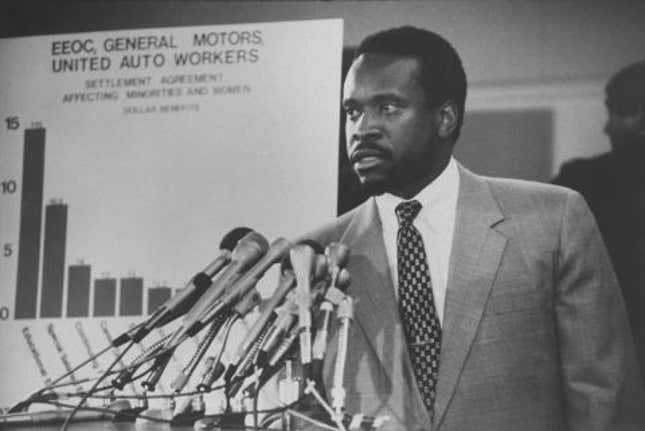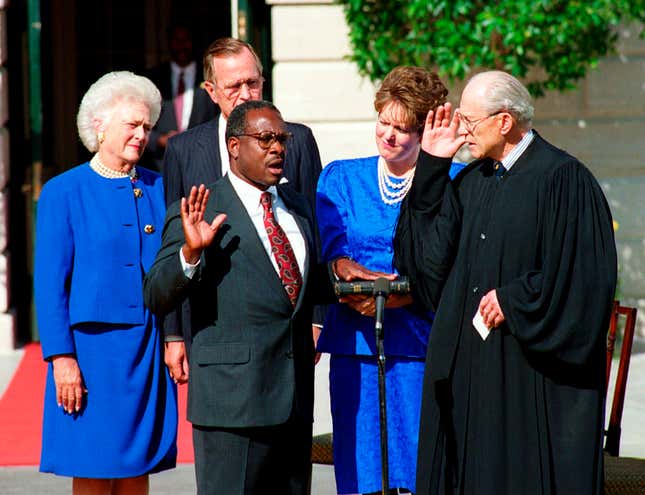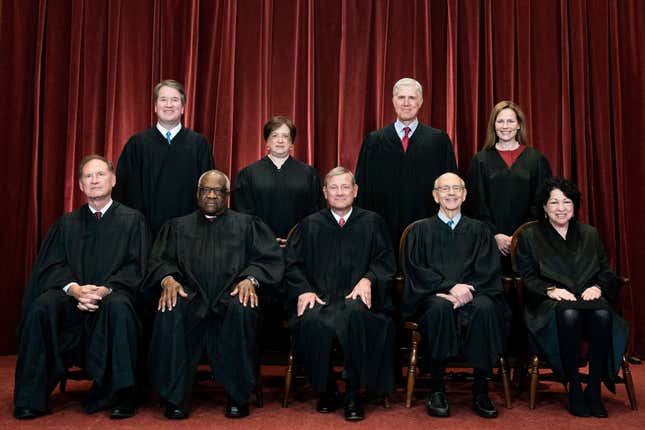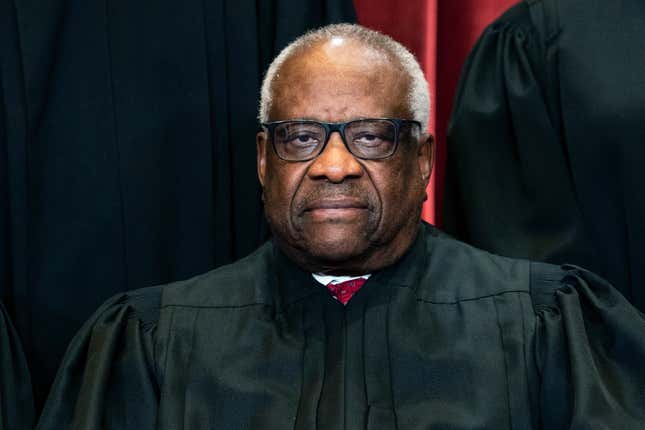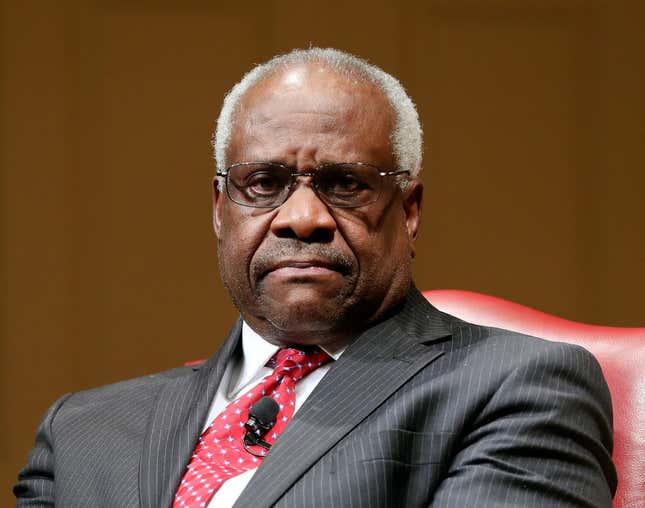
Supreme Court Associate Justice Clarence Thomas is the second Black man to serve on the nation’s highest court. Unlike his predecessor, the erstwhile civil rights litigator Thurgood Marshall, Thomas began his law career as a pro-Black radical only to morph into one of the Court’s staunchest conservatives. Here’s how his journey led him to be a catalyst for several country-altering decisions that have stripped Americans of rights we’ve fought to secure for decades.


